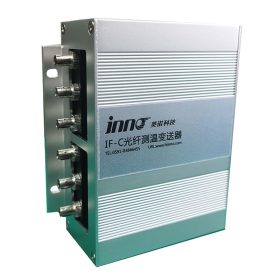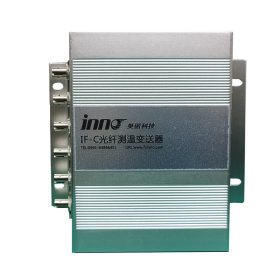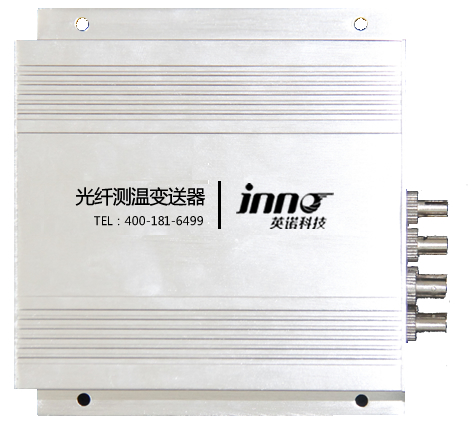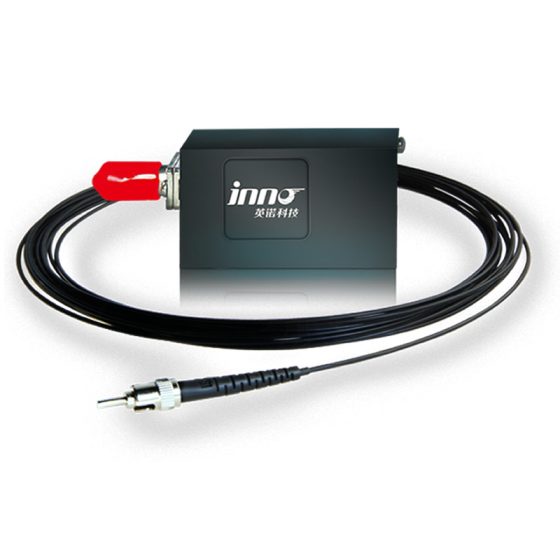The role of fiber optic temperature online monitoring system in box type substation
The fluorescence fiber optic temperature measurement system can directly monitor the temperature of the low-voltage side circuit breaker contacts, cable joints, and other parts of the box type substation. By using a fluorescence fiber optic temperature measurement probe, the temperature of the low-voltage side circuit breaker contacts and cable joints in the box type substation can be sensed. It can intuitively monitor and evaluate the operation of the box type substation, detect overheating problems at the contacts or joints in advance, and avoid adverse effects on the insulation and service life of the box type substation.
The fiber optic temperature online monitoring system for box type substations consists of fluorescent fiber optic temperature sensors, filo optic e mafana ʻo e ʻea (display modules), optical cables, mo e alā meʻa pe. Each box type substation has no less than 6 temperature measurement points, including 3 points for the low-voltage side circuit breaker contact temperature and 3 points for the cable joint temperature. It can monitor and fault alarm in real time online. In addition to displaying alarm information on site, it can also be transmitted to the monitoring background through RS485 port and achieve remote monitoring. The fiber optic temperature measurement system device must pass the type test integrated with the box type substation and provide relevant inspection reports.
The main technical parameters of the fiber optic temperature online monitoring system for box type substations are as follows:
(1) Temperature measurement range: -20-+150 ° C;
(2) Tonu hono fua ʻo e mafana ʻo e ʻea: ± 1 ° C;
(3) Contact measurement method, but shall not affect the insulation performance of the box type substation;
(4) The system is not affected by the electromagnetic environment inside the box type substation and provides relevant electromagnetic compatibility test reports;
(5) Capable of saving temperature data and alarm temperature time and other parameters;
(6) The lifespan of the probe shall not be less than 30 ngaahi taʻu.

The principle of fluorescent fiber optic temperature sensor
A fluorescent fiber optic temperature sensor is composed of a multimode fiber optic and a fluorescent object (membrane) installed at its top. Fluorescent substances emit fluorescence energy when stimulated by light of a certain wavelength (stimulated spectrum). After the incentive is revoked, the persistence of fluorescence afterglow depends on factors such as the characteristics of the fluorescent substance and environmental temperature. This excited fluorescence usually decays exponentially, and the decay time constant is called fluorescence lifetime or fluorescence afterglow time. The attenuation of fluorescence afterglow varies at different ambient temperatures. Ko ia, by measuring the lifespan of fluorescence afterglow, the ambient temperature at that time can be determined.
 ʻIkai ha kalava optic e mafana ʻo e ʻea ,founga vakaiʻi ʻo e māfana ʻo e ʻeá.
ʻIkai ha kalava optic e mafana ʻo e ʻea ,founga vakaiʻi ʻo e māfana ʻo e ʻeá.





